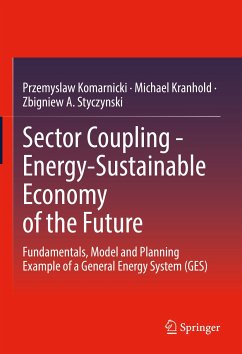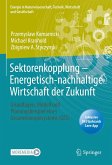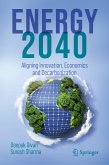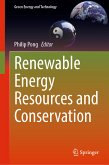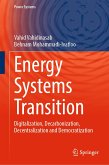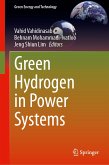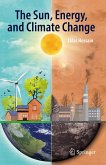The content Climate Targets and Sustainable Energy Systems - Modelling the Energy Hub - Structure of Energy Consumption in Sectors - Storage Technologies and Systems - Sector Modelling - Flexibility Options and Digitalisation of the GES - International Perspective
The target group - Students and lecturers from the fields of energy technology, energy systems engineering, electrical engineering and energy economics
- Practitioners interested in a refresher course and career changers in the energy sector
The authors As active contemporary witnesses, the authors have accompanied the energy transition in Germany and Europe for more than 20 years. In development, applied research and industrial application, they have investigated a wide range of topics in this field within the framework of numerous joint projects.
Prof. Dr.-Ing. Przemyslaw Komarnicki is head of the Department of Energy Systems and Infrastructures (ESI) at the Fraunhofer Institute IFF in Magdeburg and professor of electrical power systems engineering at Magdeburg-Stendal University.
Dipl.-Ing. Michael Kranhold is director of Customor Management and Grid Sattlement Department at the transmission system operator 50Hertz Transmission GmbH in Berlin. He is a member of ETG and CIGRE.
Univ. Prof. Dr. Zbigniew A. Styczynski was head of the Chair of Electrical Grids and Alternative Sources of Electrical Energy at Otto von Guericke University Magdeburg until April 2015. This book is a translation of an original German edition. The translation was done with the help of artificial intelligence (machine translation by the service DeepL.com). A subsequent human revision was done primarily in terms of content, so that the book will read stylistically differently from a conventional translation.
Dieser Download kann aus rechtlichen Gründen nur mit Rechnungsadresse in A, B, BG, CY, CZ, D, DK, EW, E, FIN, F, GR, HR, H, IRL, I, LT, L, LR, M, NL, PL, P, R, S, SLO, SK ausgeliefert werden.

